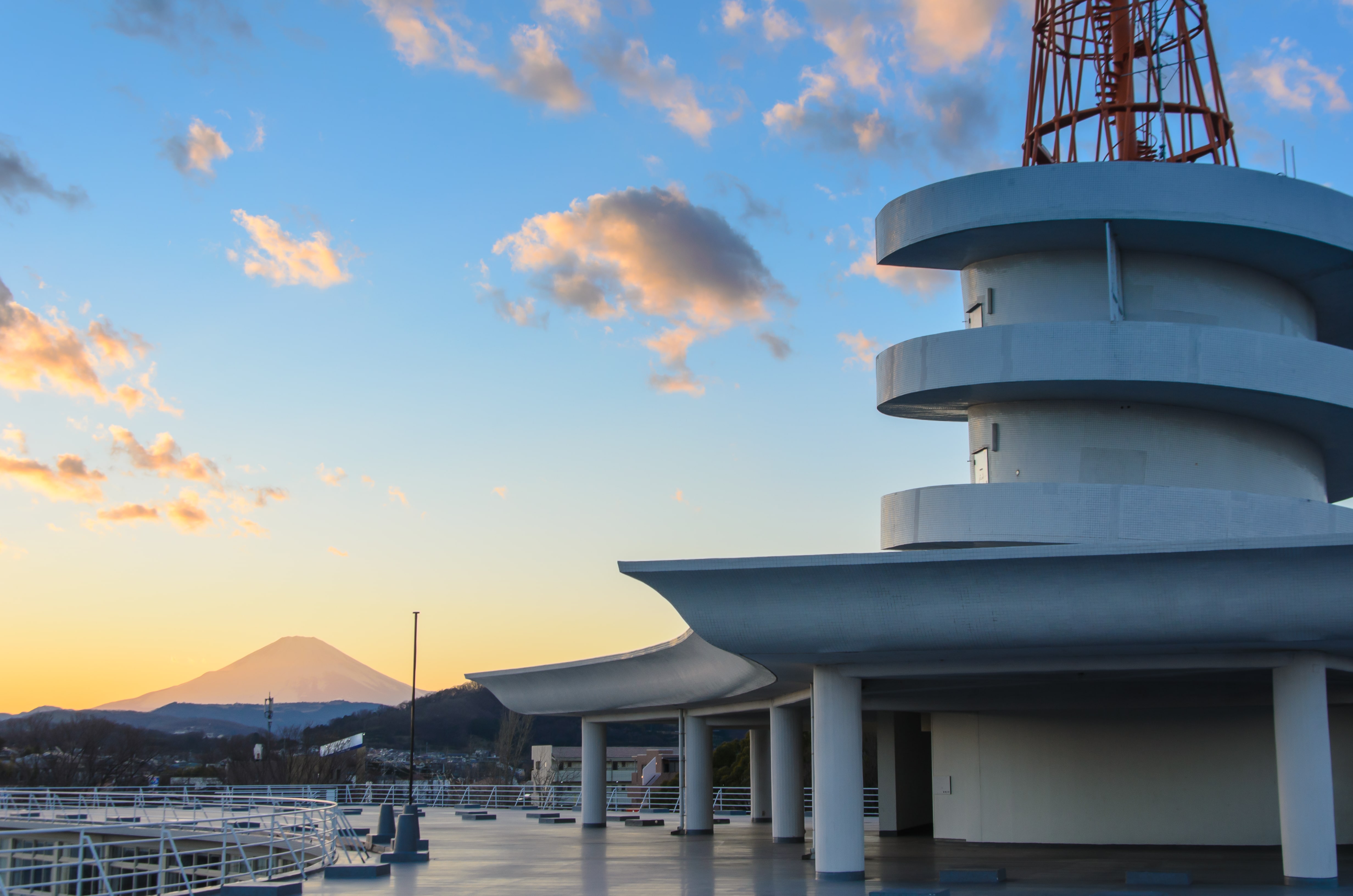
Shinya Hasegawa, an associate professor at Tokai University in Hiratsuka, Japan, and colleagues have developed a refrigerator powered only by waste heat that generated sound waves in a multistage traveling wave thermoacoustic (TA) engine.
The refrigerator produced the gas oscillations and refrigeration at a temperature lower than the boiling point of water and achieved a minimum cold temperature of -107.4 °C when the hot temperature was 270 °C, the University said in a press release.
The potential of TA engines for generating clean and renewable energy was demonstrated in seminal reports published in the late 1990s and early 2000s by researchers in the USA, it said. The operation of TA engines is based on the heating, cooling and oscillation of acoustic (sound) waves created by the thermal expansion and contraction of gases such as helium enclosed dedicated cavities.
Following the successful development of the prototype system reported in this paper, the next step in this research at Tokai University is the development of practical TA engines with emphasis on contributing to environmental problems, the university said.
Ellie Clayton
